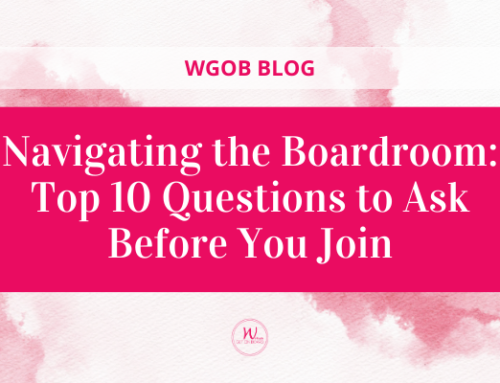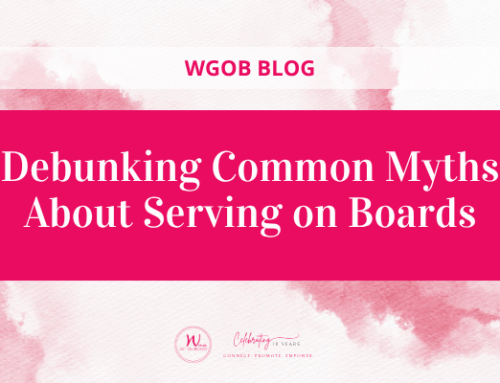Understanding financials for a non-finance person can be challenging and even overwhelming. A not-for-profit board role includes a financial oversight role, which means not-for-profit directors need to be financially literate. You do not need to be a financial expert, but you do need to have a fundamental understanding of the financial statements of the organization in order to determine its financial viability.
10 tips to help you become financially literate on a not-for-profit board
- Understand what it means to be financially literate. Maintain your objectivity by being independent minded, and if you don’t know, ask; ensure you fully understand the financial issues of the organization.
- Develop a plan to become financially literate and begin the work. Begin by reviewing the annual reports of organizations that you are interested in and/or are already serving on the board of.
- Look for a mentor or someone who has financial expertise. Ask someone you know that has financial expertise if you can spend time with them over the next year to help you understand financials.
- Do your financial due diligence before joining a not-for-profit board. You need to review the historical financial statements and forecasts/budgets to understand the organization’s financial position. You should satisfy yourself with the following questions:
~Is the organization solvent?
~Are they complying with their loan covenants?
~What are their restricted funds?
~Did they receive a clean audit opinion, if not, why and is there a going concern assumption? - If you are currently serving on a not-for-profit board, ask to be an observer on the Audit/Finance committee. Gain financial experience from observing on the Audit/Finance committee.
- In addition to Board orientation information about the organization and governance processes, there should be specific financial information provided. You should get an overview of the financial statements, an annual corporate calendar that ties into the fiscal reporting dates and the status of their tax and other filing requirements, along with their most recent audited financial statements and audit reports.
- Understand the difference between Not-for-Profit financials and Corporate Board financials. On the surface it might not seem like it, but there are fundamental differences. To help directors with these differences, CPA Canada has helpful reference documents available on their website.
- Take a course/workshop to help you become more financially literate.
Women Get On Board is hosting an Understanding Financials for Not-for-Profit Boards workshop of February 24th. - Understand the basic financial concepts/principles and the various financial statements of a Not-for-Profit. CPA Canada has great references available.
- Understand the role of the board, management and the auditors in the financial reporting of a Not-for-Profit organization.
Becoming financially literate is an ongoing process that takes time, focus and commitment. Good luck on your journey in understanding financials to serve on a not-for-profit board!






